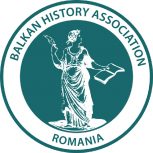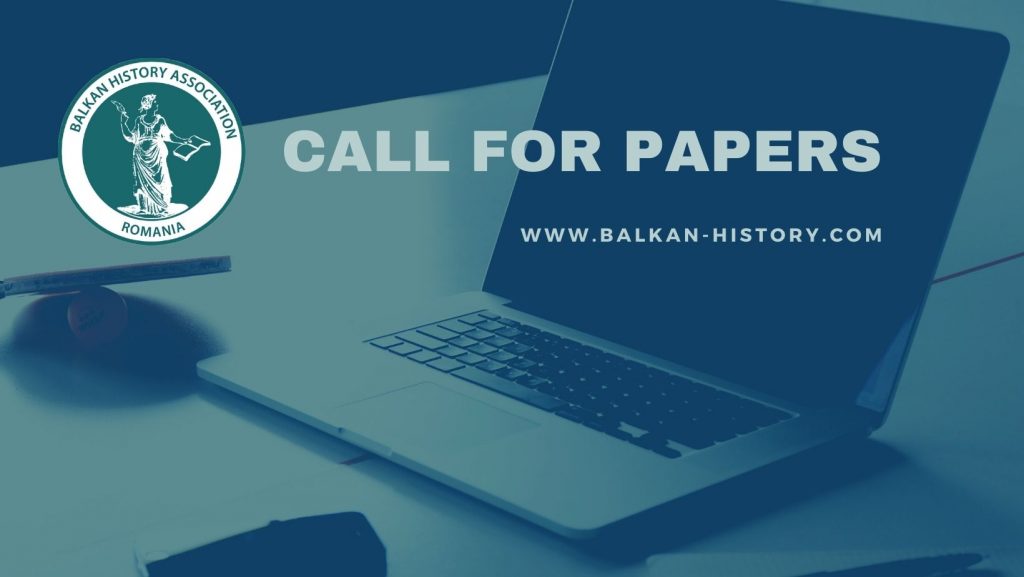This volume investigates how Central Asia functioned as a zone of contact, exchange, and transformation between major imperial powers across Eurasia between roughly 500 and 1500 CE. Long portrayed as either a periphery or a conduit, Central Asia is increasingly recognized as an active and formative player in shaping trans-regional political cultures, aesthetic systems, technologies, and ideologies.
The Balkan History Association in collaboration with the Chokan Valikhanov Institute of History and Ethnology in Almaty, National Academy of Sciences of the Republic of Kazakhstan, are preparing a volume that examines how Central Asia, both the region and the people mediated or resisted the influences of surrounding imperial systems, including the Chinese dynasties (Tang, Song, Yuan), Islamic caliphates and successor states, Persianate empires, Byzantium, and early European powers. Rather than focusing solely on conquest or domination, this volume emphasizes interfaces: those moments of interaction, through diplomacy, trade, material culture, and mobility, where empires and peoples encountered one another on contested terrain.
We invite interdisciplinary contributions grounded in history, archaeology, art history, numismatics, and related fields.
Suggested topics include:
- Political and diplomatic interactions at Central Asia’s imperial frontiers
- Archaeological evidence for trans-regional trade, migration, or settlement
- Coinage, hoards, and monetary policy in frontier and contact zones
- The role of Central Asian elites and intermediaries in trans-imperial relations
- Material culture as evidence of aesthetic and technological transfer
- The transmission of political symbols, titles, and courtly rituals
- Military logistics, fortifications, and the material infrastructure of empire
- Mobility and identity among merchants, soldiers, and envoys
- Artistic and architectural hybridity in imperial contact zones
- The role of nomadic polities in shaping imperial policy and communication
Submission procedure
Manuscripts must not have been published, submitted for publication or available on the internet elsewhere. Please submit your proposal, including the title of your manuscript, an abstract (up to 300 words), and an author’s biography (up to 100 words). The abstract should include the research question and purpose, the approach and main ideas, and results. No figures, tables, footnotes, or endnotes should be included in the abstract. Articles should not exceed 8,000 words in length including footnotes and references (reference list or bibliography).
Deadlines
November 1st, 2025: Submit the proposals to editors
November 15, 2025: Notification of accepted proposals
March 1st, 2026: Receipt of full studies for review
June 30, 2026: Revised studies re-submitted to the editors
Editors
Jonathan Ouellet (Leiden University), j.m.ouellet@arch.leidenuniv.nl
Zhomart Zhenis (Institute of History and Ethnology, Almaty), zhozhengis@gmail.com
Jennifer Rose Webster (University of Washington), jenniweb@gmail.com
Please circulate this call for papers among your colleagues and other potentially interested scholars.

